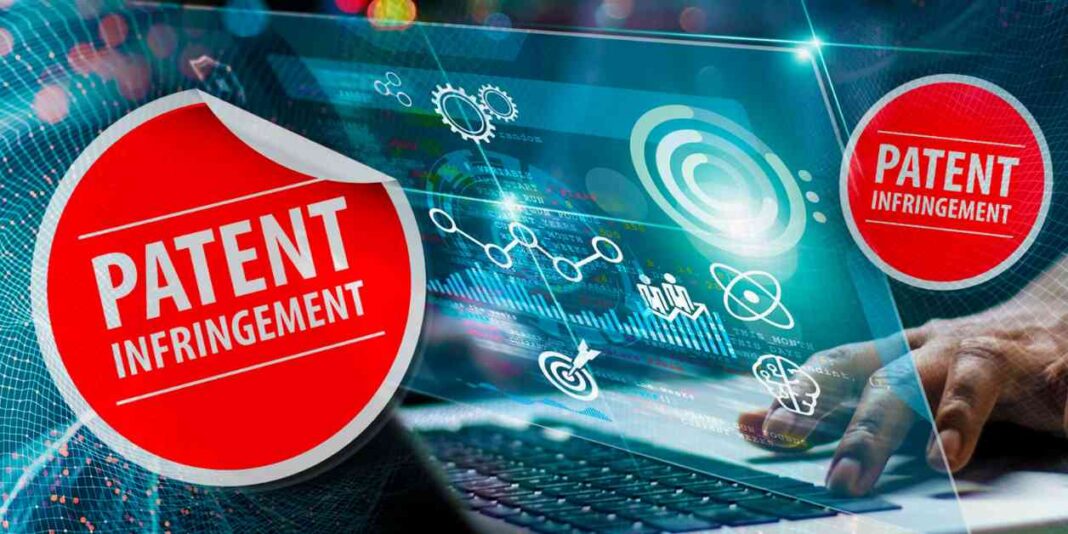The United States Patent and Trademark Office (USPTO) recently issued a request for comments seeking public input on the current state of the common law experimental use exception to patent infringement. This request is in line with the President’s 2021 Executive Order on Promoting Competition in the American Economy. The USPTO is specifically interested in gathering public views on the impact of the experimental use exception in all technology areas.
Currently, under common law jurisprudence, an alleged infringer cannot invoke an experimental use defense if the act of infringement is in furtherance of the alleged infringer’s legitimate business and is not solely for amusement, idle curiosity, or philosophical inquiry. This stands in contrast to the broader statutory exemptions found in Europe, Asia, Canada, and Latin America.
The USPTO also acknowledges that Congress has enacted safe harbor provisions that allow for the experimental use of patented inventions in certain circumstances, such as for collecting regulatory approval data for medical devices and drugs. Additionally, there are exemptions for plant breeding and other research activities. However, the USPTO is now seeking public feedback on whether the United States should adopt a statutory experimental use exception and how it should be defined.
The USPTO is asking for comments on various aspects, including the impact of the current experimental use exception jurisprudence on investment and research and development, the potential effects of a statutory exception on innovation and commercialization, and how the current rules have influenced the public’s use of the patent system. The deadline to submit comments is September 26, 2024.
This development is essential for stakeholders in the patent and innovation space to weigh in on potential changes that could impact how patents are used and protected in the United States. The USPTO’s request for comments opens up a discussion that could lead to significant updates in patent law and regulations, so it’s crucial for those involved in research, development, and patent protection to participate in this feedback process.
In conclusion, the USPTO’s call for public input on the experimental use exception reflects a broader effort to ensure that patent laws and regulations are aligned with the evolving needs of innovators and businesses. By soliciting feedback from stakeholders, the USPTO aims to gather diverse perspectives and insights that can inform potential changes to patent laws, ultimately shaping the future of innovation and intellectual property protection in the United States.















